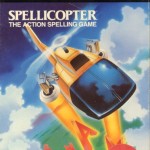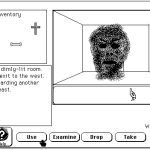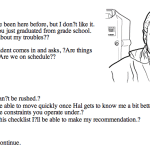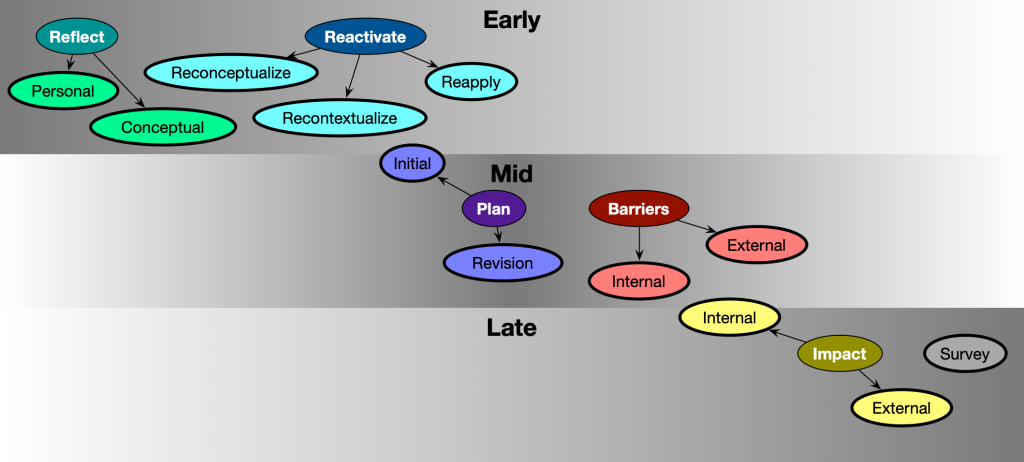I’ve been thinking a fair bit about generative learning of late. Not least, because it’s one of the things I’ll be talking about at our LDA Learning Science Conference, coming up (Nov for the background vids and discussion, early Dec for the week of live with presenters). It’s a refresh of the successful event we held last year, but keep what worked, and adding what’s new! And, I’m still wrestling with it, particularly how to represent it!
First, generative learning is the complement to retrieval practice. Research by luminaries such as Robert Bjork, Henry Roedigger, Ericsson, etc, have told us of the value of retrieval practice for memory. Which is all about strengthening our ability to get information out of long-term memory to solve problems. However, we first need to get our models and examples into long-term memory first. I’ve previously termed this elaboration, but generative activities may be a more proactive way of thinking about it.
It’s really about connecting new information to old. We know that’s valuable! And we can present it, but generative activities have learners actively processing information. So, for instance, what Craik & Lockhart talked about as elaborative processing. We can connect it to personal experience, such as asking what this explains that we previously had observed. Or, we can (and must) connect it to previous information, so we can integrate it more tightly into our understanding. So, we can diagram it via a mindmap or otherwise, draw it, write it in different terms, etc. . I suggest that many of Thiagi and Matt Richter’s activities do just this!
Then, as you have probably know, I’m fond of diagrams. And so, I want to find a way to represent the value of generative learning, in ways we can remember and apply. What I’m struggling with is representing the process of elaboration. It could be a sequence of networks, but I’ve been somewhat loath simply because it seems like too much trouble! Which, of course, isn’t a good reason. Another reason (as he reaches for justification), is that networks are a level of abstraction away, and not really cognitive. So maybe I need to show concept relationships being formed?
As you can tell, I’m not really there yet. But, in the spirit of ‘learning out loud’, I thought I’d share where I am, not least to prompt some responses with ideas! So, what ideas or pointers can you share?









